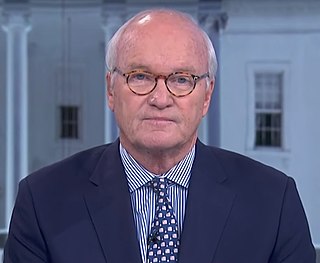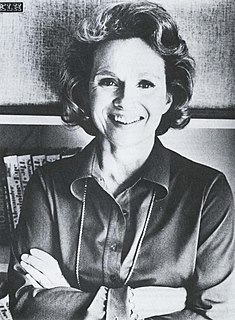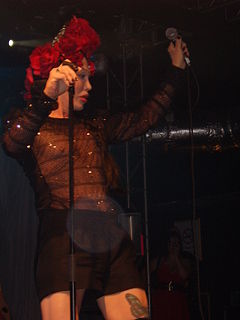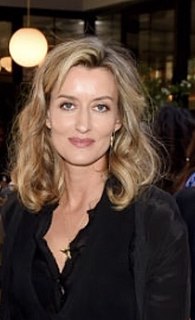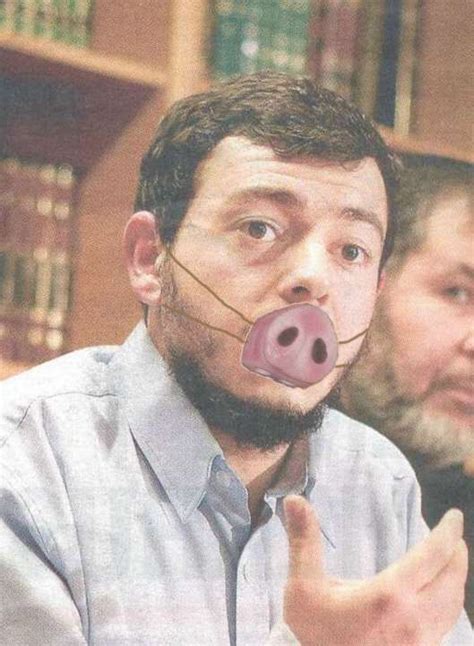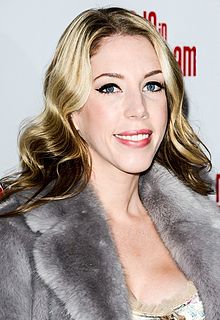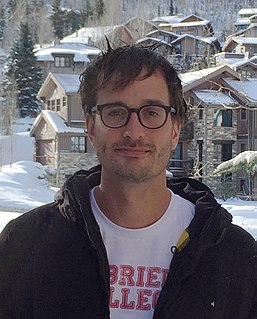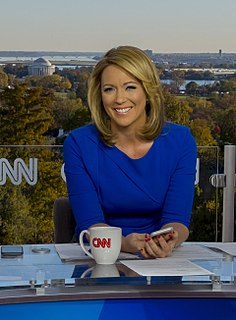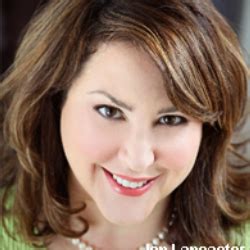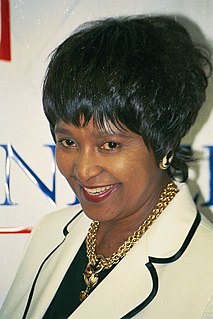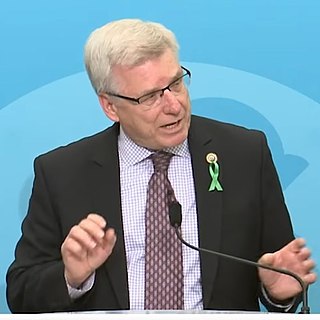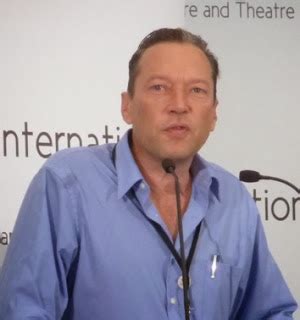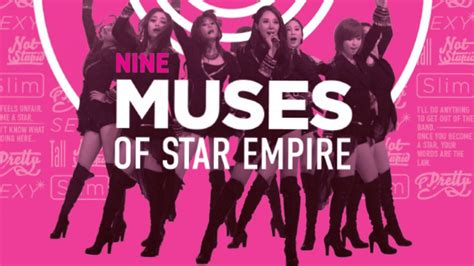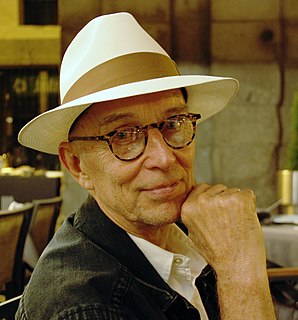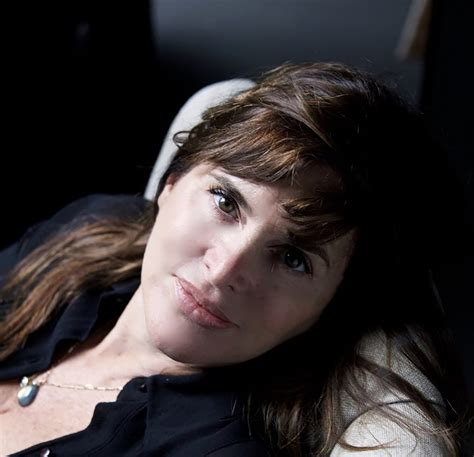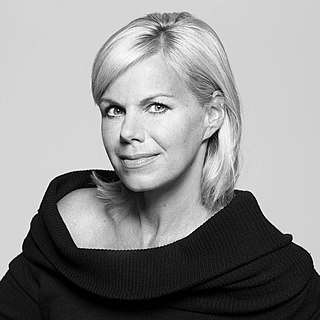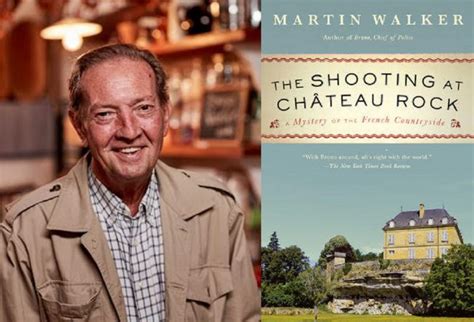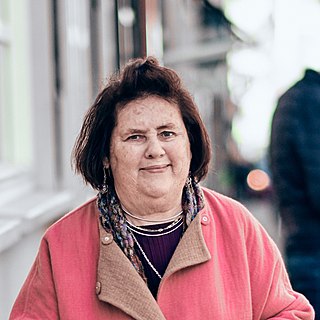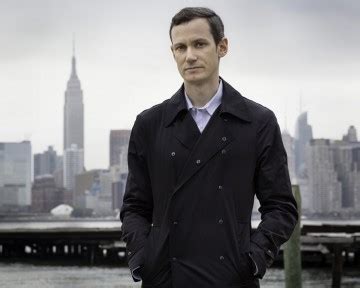Top 1129 Journalist Quotes & Sayings - Page 16
Explore popular Journalist quotes.
Last updated on December 12, 2024.
Everybody is an expert on one thing - that's what I learned in my high school journalism class - and that's, of course, his own life. And everybody deserves to live and have his story told. And if it doesn't seem like an interesting story, then that's the failure of the listener, or the journalist who retells it badly.
One of the great things about being a writer/journalist is that my boss loves me to go out and do features on being someone else. I did a feature on Kate Middleton, where I went to an incredible fancy state home in the countryside, put on a wedding dress and posed for engagement pictures with a fake Prince William.
I'm old enough to remember the days when you spoke to one person from one outlet and that was the conversation. But now what happens is you speak to people and what you say gets translated into Portuguese, then into Mandarin, through a German prism and then back into English and bears little to no resemblance between - to the exchange or - that you had initially with the journalist or to what you originally said.
Mum left school at 15, and after a few years of modelling and dating jazz musicians, was married by 21 to my father, Mike Taylor, a journalist on the 'Daily Mirror.' They had my brother and me pretty quickly and had split up by the time I was two. I don't really have any memories of them as a couple.
If I write a character, instead of looking from the outside, like maybe a journalist would, trying to describe them physically and figuring out what kind of things they might be interested in or have in their house, I don't really do it that way. I try to feel what it would be like to be inside this person, to be them.
We have a problem with several media taking only a part of the reality and not the whole picture. Some media in the world are more critical towards what's happening than others. It depends on the journalist, it depends how much information they have about the case and which perspective they are asking you from. All of these things can play a role.
Is any job safe? I was hoping to say 'journalist,' but researchers are already developing algorithms that can gather facts and write a news story. Which means that a few years from now, a robot could be writing this column. And who will read it? Well, there might be a lot of us hanging around with lots of free time on our hands.
If, for instance, they have heard something from the postman, they attribute it to a semi-official statement; if they have fallen into conversation with a stranger at a bar, they can conscientiously describe him as a source that has hitherto proved unimpeachable. It is only when the journalist is reporting a whim of his own, and one to which he attaches minor importance, that he defines it as the opinion of well-informed circles.
Jason Rezaian is coming home. A courageous journalist for The Washington Post who wrote about the daily lives and hopes of the Iranian people, he's been held for a year and a half. He embodies the brave spirit that gives life to the freedom of the press. Jason has already been reunited with his wife and mom.
A journalist gathers information for a media outlet that disseminates the information through a broadly defined 'medium' - including newspaper, nonfiction book, wire service, magazine, news Web site, television, radio or motion picture - for public use. This broad definition covers every form of legitimate journalism.
Every time a journalist will say: "Can women be funny? Can women be pilots? Can women be scientists?" It's less of a question and more of a statement after a while that makes you believe that maybe we can't. I think that's dangerous. I was really happy that I didn't have those barriers, but now I recognize the barriers of many other people.
James O'Keefe is a journalist, doing the work 'real' journalists don't dare, and has been conducting undercover investigations for years with dozens of scalps collected along the way. The more the 'true' journalists who back the Democrat machine attack him, the more emboldened he becomes to pursue his next project.
I majored in journalism at Arizona State University, where I began writing the columns I write now, but I cannot, in good conscience, refer to myself as a writer. I'm a columnist, maybe a journalist, I guess I'm an author, but writer... no. That's not up to me to call myself, that's rather lofty. It's for the reader to decide.
I've got a particular way of writing novels, and that carries over into the way I write comics and games, too. I'm a news journalist by background, so I approach everything as reporting - I treat it as real, I ask the questions I'd ask in a real situation, and I let the characters speak for themselves.
Years ago, NPR tried to stop me from going on "The Factor." When I refused, they insisted that I not identify myself as an NPR journalist. I asked them if they thought people did not know where I appeared on the air as a daily talk show host, national correspondent and news analyst. They refused to budge.
If publishers and editors exert themselves to keep certain topics out of print, it is not because they are frightened of prosecution but because they are frightened of public opinion. In this country intellectual cowardice is the worst enemy a writer or journalist has to face, and that fact does not seem to me to have had the discussion it deserves.
After all these years of wandering around as a street photographer and a journalist, I decided that this world is such a curious, screwed up place so full of contradictions... that I couldn't look at it any more in the raw form without trying to find some way of balancing it in a more philosophical context - less in a reportorial manner and more in an artistic one.
I must work, so as not to be a fool, to get on, to become a journalist, because that's what I want!... I can't imagine that I would have to lead the same sort of life as Mummyand all the women who do their work and are then forgotten. I must have something besides a husband and children, something that I can devote myself to!
When people watch me on TV, they see part of my life. I wanted to let them know the real me behind the scenes. The child who was a concert violinist from the age of six. The young woman who took on the challenge to compete in the Miss America pageant. The television journalist for twenty-five years.
Today, journalists more than any other cohort of professionals, are responsible for the confusion that surrounds power and its criminality in contemporary society. As Janet Malcolm said in another context, 'Every journalist who is not too stupid or too full of himself to notice what is going on knows that what he does is morally indefensible.'
The great thing about being a print journalist is that you are permitted to duck. Cameramen get killed while the writers are flat on the floor. A war correspondent for the BBC dedicated his memoir to 50 fallen colleagues, and I guarantee you they were all taking pictures. I am only alive because I am such a chicken.
It was a fatal day when the public discovered that the pen is mightier than the paving-stone, and can be made as offensive as the brickbat. They at once sought for the journalist, found him, developed him, and made him their industrious and well-paid servant. It is greatly to be regretted, for both their sakes.
As a journalist, I would talk to writers, directors, creative people, and discover that for an awful lot of them, the moment they became successful, that was all they were allowed to do. So you end up talking to the bestselling science-fiction author who wrote a historical-fiction novel that everybody loved, but no one would publish.
I started my career as a journalist, writing about science and technology for 'Business Week' magazine. Then I decided to make a career shift. I went to graduate school in computer science, and I began developing educational technologies - in particular, technologies to engage children in creative learning experiences.
I don't know what my image is. I went to France to publicize Marvin's Room, and one really smart young woman journalist said to me, "You know, when I told people I was going to interview Meryl Streep they were so excited... all ze women in my office, they love you so much. But ze men - they are afraid of you."
A duped newspaper or magazine could contend that a fiction-spouting journalist obtained part of his salary via fraud, and use a criminal proceeding to try and recoup that money. Given the profession's notoriously low wages, however, it's probably not worth the publicity headache and legal fees. No news organization has ever pursued such a case.


